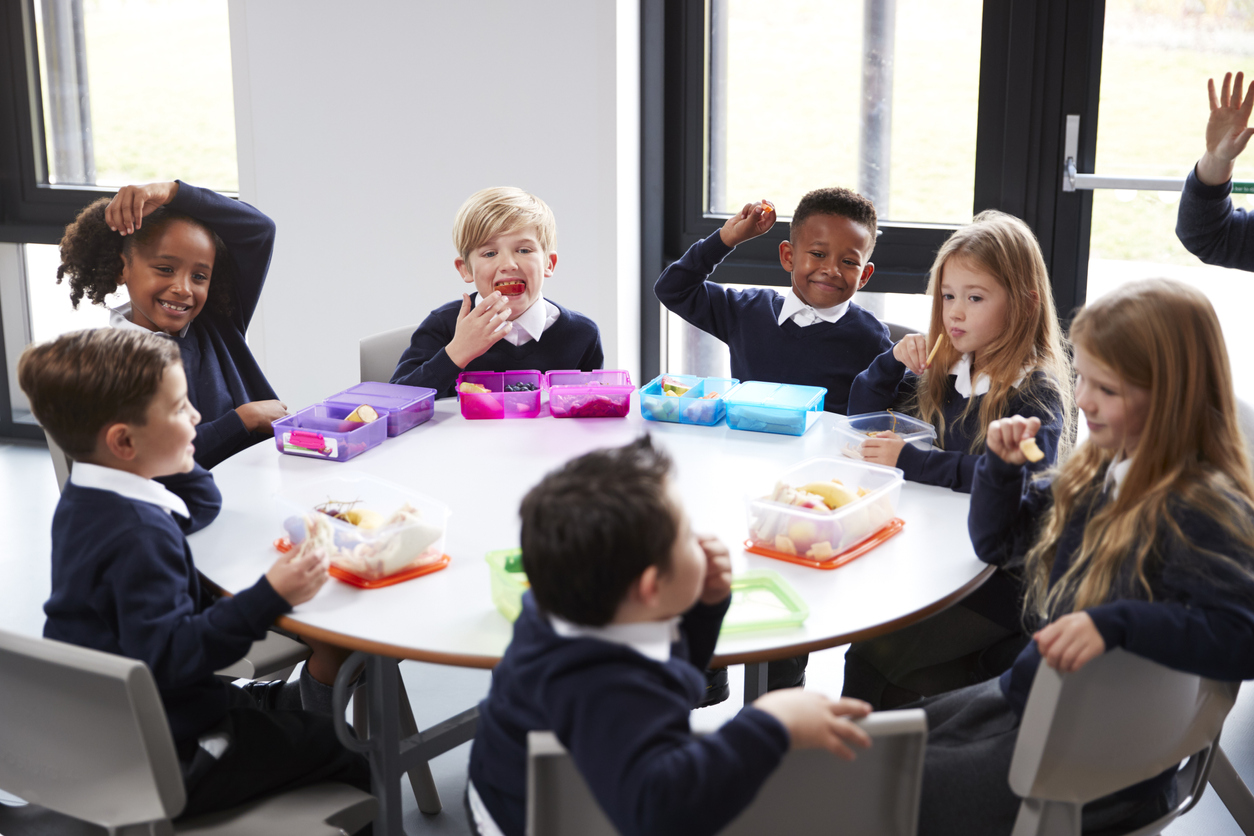4.1) By 2030, ensure that all girls and boys complete free, equitable and quality primary and secondary education leading to relevant and effective learning outcomes
Camfed is an international non-profit organization tackling poverty and inequality by supporting girls to go to school and succeed, and empowering young women to step up as leaders of change. Pearson partnered with Camfed on a project funded by the UK Department of International Development (DFID), and supported by relevant national Ministries of Education, to transform educational opportunities and outcomes for girls from low-income communities in Zimbabwe and Tanzania. Leveraging one of the company’s core areas of expertise, Pearson supported Camfed to develop learning resources, with input from students, that are gender-sensitive and relevant to young people’s experiences, future employability, and success. The My Better World curriculum and workbook help students to build self-knowledge, discover their talents, build resilience, select role models, set goals, and learn how to achieve them. Graduates of Camfed’s programs in the poorest rural communities are trained to become ‘Learner Guides’, who serve as young female role models for girls and boys still in school. In 2014, Pearson made a commitment to develop a BTEC – one of the world’s most sought after applied learning qualifications – tailored to the unique needs of Learner Guides. 5,000 Learner Guides will have the opportunity to achieve a BTEC, and will teach and mentor over 150,000 girls and boys, using the My Better World curriculum, to help improve their attendance, retention, and learning at secondary school – creating a virtuous cycle of learning and empowerment. The Camfed Learner Guide Program supported by our partnership has so far reached more than 60,744 vulnerable girls in Zimbabwe and Tanzania to enroll in secondary school and empowered over 400,000 girls and boys to improve their educational experience and learning outcomes.
4.5) By 2030, eliminate gender disparities in education and ensure equal access to all levels of education and vocational training for the vulnerable, including persons with disabilities, indigenous peoples and children in vulnerable situations
Pearson's 'Every Child Learning' partnership with Save the Children. Through Pearson’s Every Child Learning partnership, they are funding Save the Children, an international non-profit organization helping children in need around the world, to establish two informal education centers in Amman, Jordan. These centers expect to support 1,400 Syrian refugees and host community children aged between 5 and 13 years old to integrate into the formal education system. Pearson is also investing £1 million in the co-creation of new product and program solutions to improve the quality of education for refugee and host community children in Jordan. The ambition is that solutions can be adapted, scaled, and replicated in other emergency and conflict-affected contexts. In 2015,Pearson conducted in-depth field research in Jordan to understand how Syrian and Jordanian families engage with educational resources in times of conflict-affected transition. The research will provide insights into our solutions development process, helping ensure that any intervention we develop is beneficial and relevant to the unique needs of Syrian refugee and host community children.






